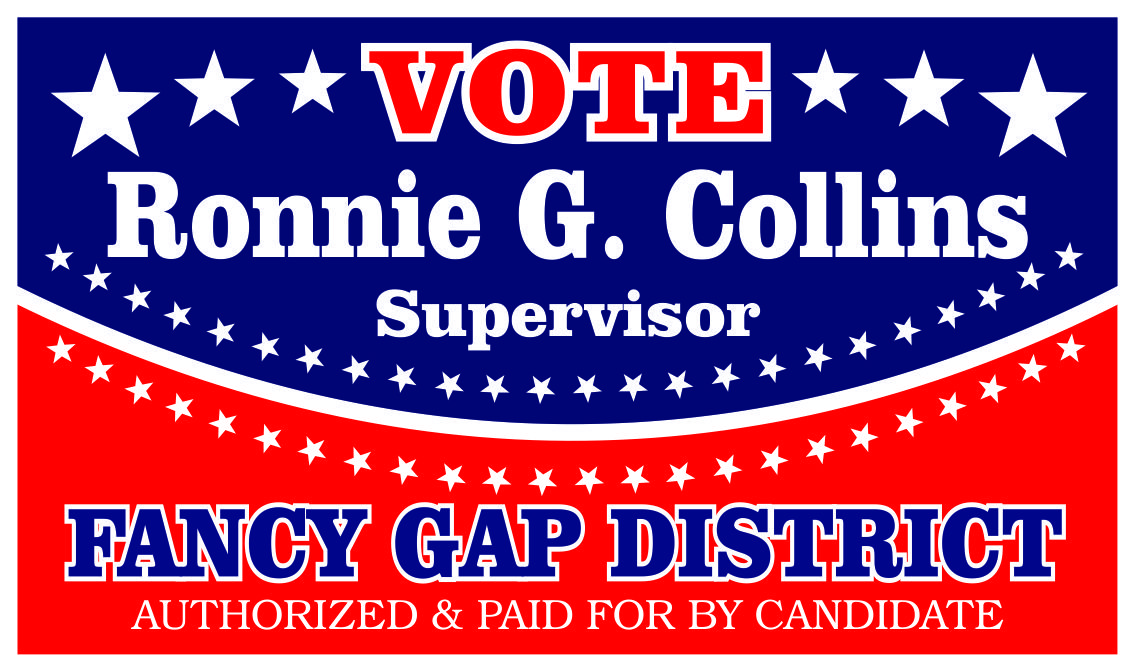This is one of those books from which I gained a lot of insight. I have been forced to think about a lot of things that I really never thought about before or at least I never thought about them in the same way. At the same time I am glad the Kindle was able to read this one to me. This is one of those books that I couldn’t just pick up and read but as I traveled over the past couple of weeks I have enjoyed having it read to me.
The author makes the argument through this book that we like to say we make decisions based on morals, when in reality he says we make decisions based on economics. Amazingly enough, everyone I have spoken to about this book agrees with the author and they haven’t even read it.
One of the major issues talked about is truth vs. lies. The author says that all people will lie, while some would never lie about what another person would lie about, he says we will lie when it benefits us or when we can justify it in our minds. This topic made a great Youth Meeting for us at Out Of The Box last night. It was amazing to hear the responses from the Youth to questions about “would you ever lie”? “What would you lie about”? and “Is it ever OK to lie”?
My good friend will soon preach a message on the subject. I have suggested the sermon title, “You can’t handle the truth.”
Anyway, it is a great book. The authors cover many topics and they do not make their arguments in my opinion to sway anyone to the right or the left as it has been suggested, they simply state their findings.
Here are a few quotes from the book.
“What this book is about is stripping a layer or two from the surface of modern life and seeing what is happening underneath.”
“Morality, it could be argued, represents the way that people would like the world to work—whereas economics represents how it actually does work.”
Here is one that is really amazing and a little longer but worth the read. Amazing facts regarding the IRS, truth, and people claiming dependents!
(“In the early 1980s, an I.R.S. research officer in Washington named John Szilagyi had seen enough random audits to know that some taxpayers were incorrectly claiming dependents for the sake of an exemption. Sometimes it was a genuine mistake (a divorced wife and husband making duplicate claims on their children), and sometimes the claims were comically fraudulent (Szilagyi recalls at least one dependent’s name listed as Fluffy, who was quite obviously a pet rather than a child). Szilagyi decided that the most efficient way to clean up this mess was to simply require taxpayers to list their children’s Social Security numbers. “Initially, there was a lot of resistance to the idea,” says Szilagyi, now 66 and retired to Florida. “The answer I got was that it was too much like ‘1984.’” The idea never made its way out of the agency. A few years later, however, with Congress clamoring for more tax revenue, Szilagyi’s idea was dug up, rushed forward and put into law for tax year 1986. When the returns started coming in the following April, Szilagyi recalls, he and his bosses were shocked: seven million dependents had suddenly vanished from the tax rolls, some incalculable combination of real pets and phantom children. Szilagyi’s clever twist generated nearly $3 billion in revenues in a single year. Szilagyi’s immediate bosses felt he should get some kind of reward for his idea, but their superiors weren’t convinced. So Szilagyi called his congressman, who got the reward process back on track. Finally, five years after his brainstorm became the law, Szilagyi, who earned about $80,000 annually at the time, was given a check for $25,000. By this point, his idea had generated roughly $14 billion.”)
Definitely worth the effort to read or at least listen to.
Ronnie


